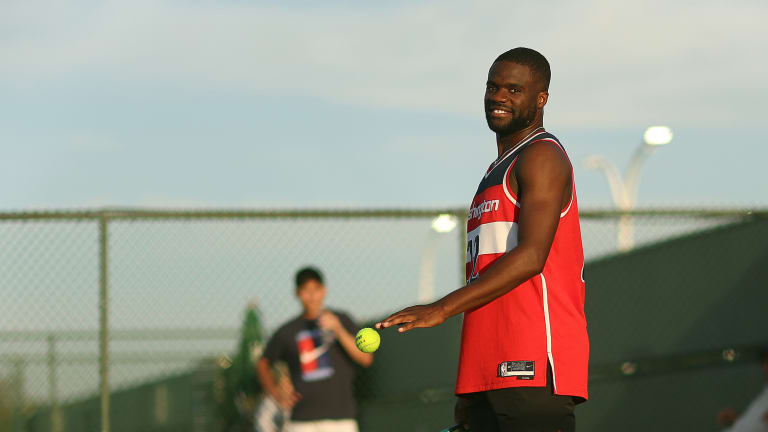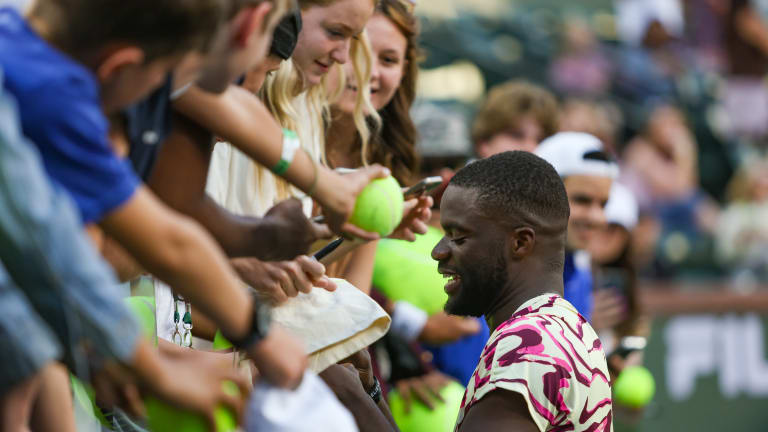Miami, USA
No secret sauce: Frances Tiafoe has developed a robust appetite for big occasions
By Mar 23, 2023Miami, USA
Jannik Sinner tops Grigor Dimitrov for Miami Open title
By Mar 31, 2024Miami, USA
Danielle Collins won an emotional title, while Jannik Sinner won a logical one, at the Miami Open
By Mar 31, 2024Miami, USA
Danielle Collins wins Miami Open on her final try, topping Elena Rybakina in straight sets
By Mar 30, 2024Miami, USA
Danielle Collins defeats Elena Rybakina for Miami Open title, the biggest title of her career
By Mar 30, 2024Miami, USA
What will be stronger in Miami: Jannik Sinner's rise, or Grigor Dimitrov's renaissance?
By Mar 30, 2024Miami, USA
Jannik Sinner, Grigor Dimitrov advance to Miami Open final
By Mar 30, 2024Miami, USA
Who Will Win: Jannik Sinner or Grigor Dimitrov, 2024 Miami Open men's final
By Mar 30, 2024Miami, USA
Who Will Win: Danielle Collins or Elena Rybakina, 2024 Miami Open women's final
By Mar 29, 2024Miami, USA
2024 Miami Open women's final preview: Elena Rybakina vs. Danielle Collins is always 'neck and neck'
By Mar 29, 2024Miami, USA
No secret sauce: Frances Tiafoe has developed a robust appetite for big occasions
His parents instilled the sacrifice it takes to be great; the likes of LeBron James and Steph Curry helped him see commitment to the craft in motion.
Published Mar 23, 2023
Advertising
Advertising

Tiafoe often reps his hometown teams, including the Washington Wizards.
© 2023 Getty Images
Advertising

Is becoming the No. 1-ranked American on the ATP Tour next for Tiafoe?
© Icon Sportswire via Getty Images